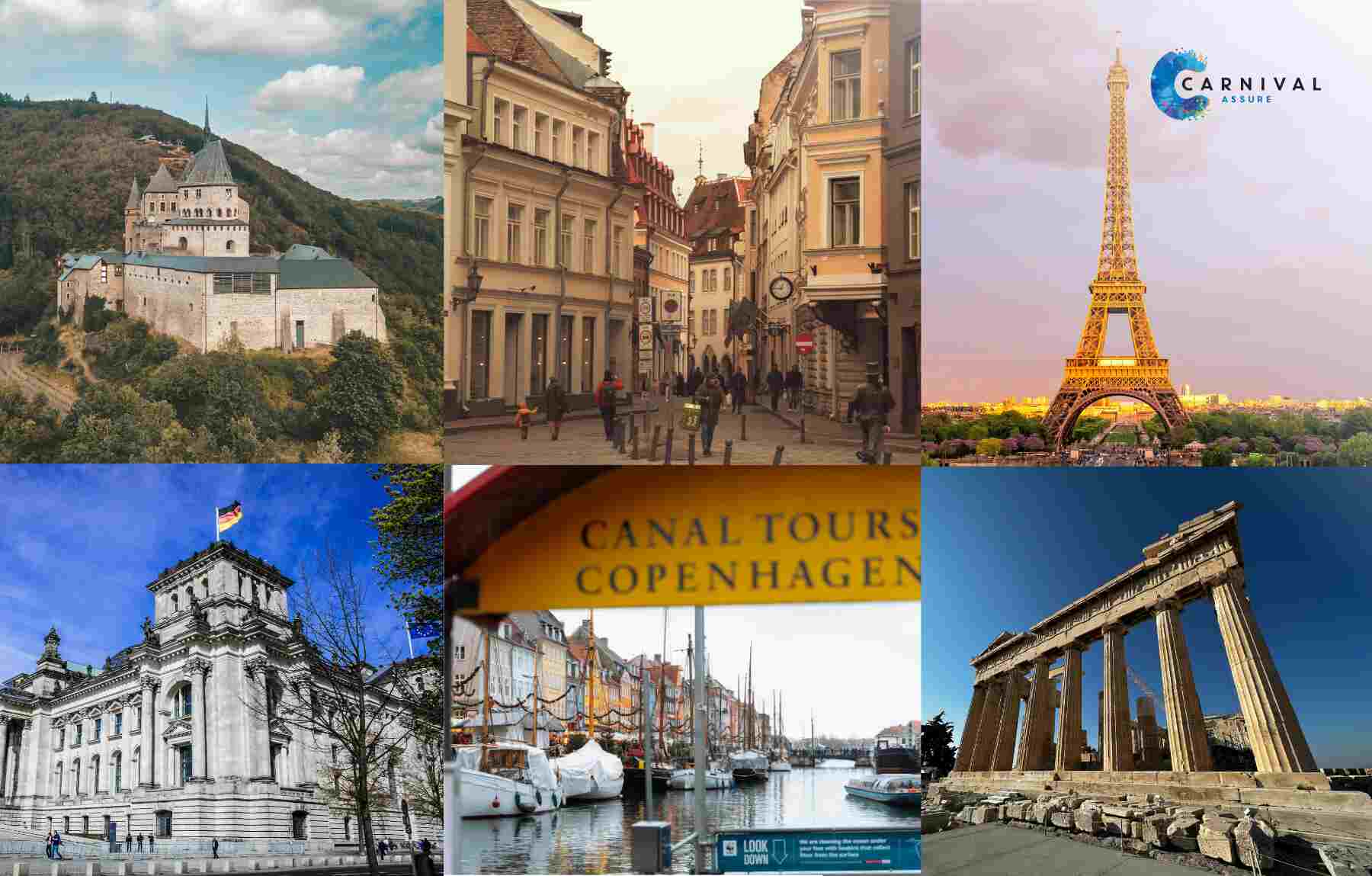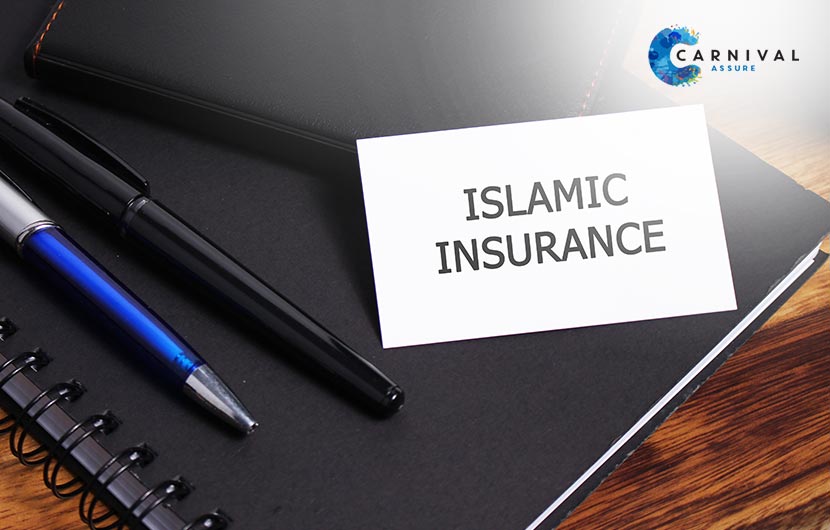How the Financial Crisis Affects Families?
14 May 2023

The recent financial crisis is one of the worst economic disasters in modern history. This crisis had a profound impact on families across the globe, causing them to suffer financial difficulties, job losses, and emotional stress.
The crisis caused a dramatic decline in the value of assets, such as stocks and real estate, and it caused a major disruption in the global financial system. The crisis caused many families to lose their jobs and their homes, and it severely affected their financial security.
The crisis also caused emotional strain on families, as they had to grapple with the reality of their financial situation and the uncertainty of their future. The impact of the financial crisis was felt by families in many different ways, and the effects are still being felt today.
In this article, you will explore how the financial crisis affected families and the long-term implications of this crisis on their lives. You will get how families were impacted financially, how it impacted their job security, and how it caused emotional stress and strain on their relationships. Finally, you will look at the measures that were taken to help families recover from the crisis.
What happens when a country runs out of money?
When a country runs out of money, it is a serious situation that can have far-reaching economic and social implications. When a country runs out of money, it is unable to pay its bills or meet its financial obligations.
This can lead to a number of issues, including a devaluation of the currency, high unemployment, and a weakened economy. Let’s explore what happens when a country runs out of money, the consequences of this situation, and what can be done to address the issue.
When a country runs out of money, a number of adverse consequences can result:
1. Devaluation of the currency: When a country runs out of money, it is unable to pay its bills or meet its financial obligations. This leads to a devaluation of the currency, making it worth less in comparison to other currencies.
2. High unemployment: When a country runs out of money, it is unable to provide employment opportunities for its citizens. This leads to a rise in unemployment, which can have a devastating effect on the economy.
3. Weakened economy: When a country runs out of money, it is unable to invest in infrastructure, education, and other areas that are necessary for a strong economy. This can lead to a weakened economy, which can further compound the problem.
4. Political instability: When a country runs out of money, it can lead to political instability as citizens struggle to make ends meet. This can lead to unrest and conflict, which can further destabilize the country.
5. International aid: When a country runs out of money, it may have to rely on international aid in order to stay afloat. This can be a difficult and expensive process, but it can be necessary in order to prevent further economic and social problems.
What does the Economic Downturn mean for Children, Youth and Families?
The economic downturn had a significant impact on children, youth, and families across the country. With an increase in unemployment, poverty, and homelessness, many families were unable to provide for their children's basic needs. This led to an increase in child poverty and a decrease in educational attainment, as many children lacked the resources they needed to succeed at school.
The crisis also had long-term psychological effects on children and youth, as they watched their families struggle to make ends meet and their dreams of a better future become increasingly out of reach. This crisis had a lasting impact on families, with many still struggling to recover from the devastating financial losses they experienced.
How does the economy affect marriage and family?
The economy has a significant impact on marriage and family. A strong economy provides families with more economic security, allowing them to save for the future and invest in their children's education. In a strong economy, families are better able to provide for their children and support each other emotionally.
A weak economy can cause financial stress, which can lead to marital conflict and increased divorce rates. It can also lead to increased unemployment, poverty and homelessness, which can place additional strain on families. The economy can also impact cultural values and norms, as different cultural values and norms may become more or less desirable depending on the economic climate.
How the Financial Crisis Affected Families Across the World?
The financial crisis of 2008 or 2022 had a devastating effect on families across the countries in the world including Bangladesh. Millions of families were affected by job losses, foreclosures, and the devaluation of assets. This crisis caused a tremendous amount of financial strain on families and many were forced to take drastic measures in order to survive.
For those who were already living paycheck to paycheck, the crisis was especially difficult as they had little to no savings to fall back on. The crisis also caused a great deal of emotional stress and strain on families, as they had to cope with the uncertainty of their financial future and the fear of further economic decline.
This led to a sharp decrease in consumer spending and an increase in personal debt as people struggled to pay for basic necessities. As a result, many families were unable to afford health care, education, and other basic needs.
The crisis also caused an increase in homelessness and poverty, with an estimated 11 million people living in poverty by 2017. This crisis had long-term economic and psychological effects on families, with many still struggling to recover from the devastating financial losses they experienced.
1. Families’ Savings and Pensions Lose Value
The financial crisis had a significant impact on the financial security of many families across the country. As stock markets plummeted and banks failed, many families saw their savings and pensions lose significant value.
This caused an increase in personal debt as families resorted to taking out loans or using credit cards to cover basic needs. This loss of savings, combined with a sharp decrease in consumer spending, placed an immense financial strain on many families, causing them to struggle to stay afloat and make ends meet.
This financial insecurity had long-lasting effects on families as they watched their savings dwindle and their financial futures become more uncertain.
2. The decline in the Economy Causes Unemployment
The financial crisis had a devastating effect on the economy, leading to an increase in unemployment across the country. Many people were laid off from their jobs as businesses cut costs in order to stay afloat. Others were forced to take on lower-paying jobs or reduce their hours.
This rise in unemployment caused a decrease in consumer spending and an increase in poverty, as families struggled to make ends meet on limited incomes. The crisis also had long-term psychological effects on families as they watched their livelihoods crumble and their economic security become less certain.
3. The Financial Crisis Affected Families with Low Income
The financial crisis had a particularly devastating impact on families with low incomes. These families were already living on a tight budget and were unable to cope with the sharp decrease in consumer spending and the rise in unemployment.
Many had to resort to taking out loans or using credit cards to cover basic needs. This rise in personal debt caused an increase in poverty and homelessness as families struggled to make ends meet. The crisis also had long-term psychological effects on families as they watched their financial security diminish and their dreams of a better future become increasingly out of reach.
What to do when a financial crisis in the country?
Families across the country were devastated by the financial crisis. Many are still struggling to recover from the financial losses they experienced. If you are one of the millions of people trying to rebuild your finances, here are some tips for getting back on your feet:
1. Make a budget: A budget is the first step in getting your finances back on track. Make a list of your income and expenses and figure out how much you can realistically save each month.
2. Prioritize your debt: Pay off the debts with the highest interest rates first. This will help you save money in the long run.
3. Build an emergency fund: Start an emergency fund to cover unexpected expenses and protect yourself from future financial crises. Aim to save at least three to six months of living expenses in case of an emergency.
4. Invest in yourself: Invest in yourself by learning new skills or taking classes that can help you land a better job. This will help you increase your income and build financial security.
5. Seek help: Don’t be afraid to seek help from a financial advisor or credit counselor if you need assistance managing your debt.
By following these steps, you can take control of your finances and start to rebuild your financial security.
Why is insurance important for the upcoming financial crisis?
Insurance is an important tool for protecting yourself and your family from financial hardship in the event of a financial crisis. Insurance can help you replace lost income, pay for medical expenses, and protect your investments.
In the event of a financial crisis, having insurance can give you peace of mind knowing that your family is protected. It is important to have the right types of insurance so that you are not left with unexpected costs in the event of a crisis. Financial advisors can help you determine which types of insurance are best for your situation, ensuring that you and your family are protected.
How insurance can help you in a time of financial crisis?
According to Carnival Assure, a reliable insurance aggregator in Bangladesh, in the case of a financial disaster, insurance may be a valuable tool for safeguarding yourself and your family.
Insurance may assist you in replacing lost income, covering medical expenditures, and safeguarding your investments. Insurance can assist in guaranteeing that your family does not face unexpected expenditures in the case of a disaster.
It is essential to have the appropriate forms of insurance in place so that you are protected in the case of a disaster. Financial consultants can assist you in determining which forms of insurance are most appropriate for your circumstances, ensuring that you and your family are covered in times of financial difficulty.
Here are some ways insurance can help protect you and your family during a financial crisis:
1. Replace lost income – Insurance can help you replace lost income in the event of a job loss or other loss of income due to the crisis.
2. Pay for medical expenses – Insurance can help cover medical expenses for yourself or a family member in the event of an illness or injury.
3. Protect investments – Insurance can help protect your investments from losses due to the crisis.
4. Ensure financial security – Insurance can help ensure that you and your family are not left with unexpected costs in the event of a crisis.
5. Financial advisors – Financial advisors can help you determine which types of insurance are best for your situation, ensuring that you and your family are protected.
Conclusion
The financial crisis had a devastating impact on families all over the world in 2023. Many families lost their homes, their jobs and their savings. Even those who avoided these losses were unable to escape the overall impact of the crisis, as it crippled entire economies and left many families struggling to make ends meet. The financial crisis not only changed the way people view money and the economy, but it also changed the way people view the future.
The financial crisis showed the world that no one is immune from economic turmoil and that the future of our economy is uncertain. Families have now become more financially aware, understanding the importance of saving, budgeting, and planning for a rainy day.
Although the financial crisis has left a lasting impact on families, it also served as a reminder of the importance of being financially prepared.
































